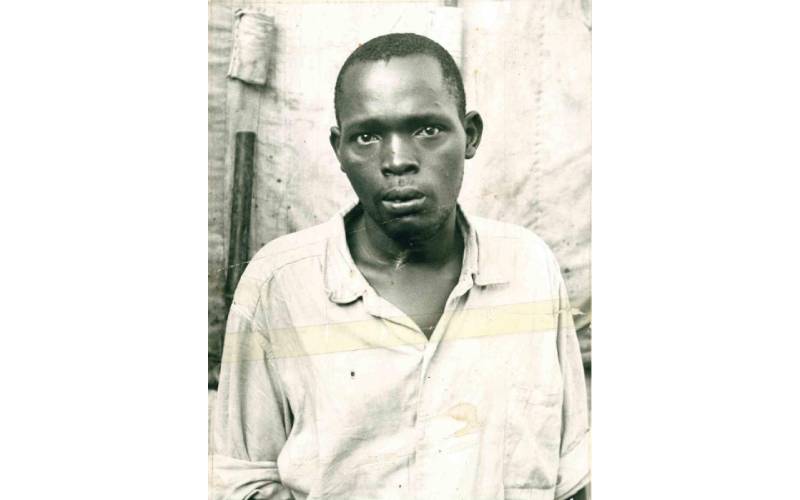×
The Standard e-Paper
Smart Minds Choose Us

After Kenya gained independence, it became obvious the youth would pose a challenge to the nascent administration of President Jomo Kenyatta.
The young men and women were energetic and demanding, having actively participated in the gruelling liberation war to root out the colonists and white settlers.